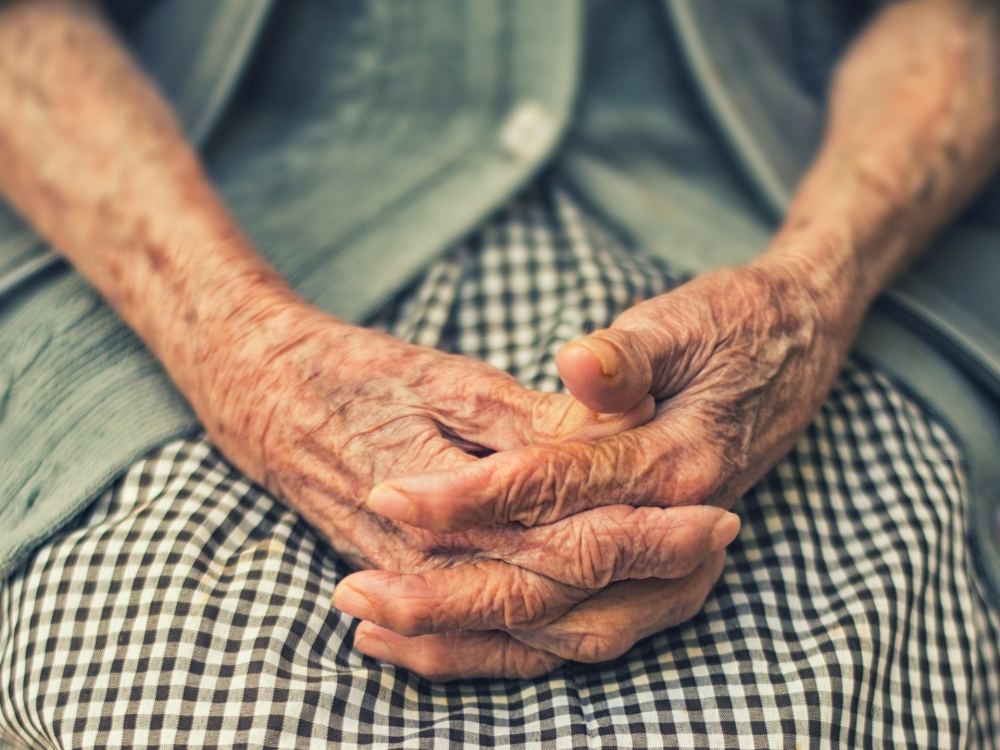SINGAPORE, Oct 19 — Malnutrition is quietly becoming a growing threat among Singapore’s elderly, with new data showing a sharp rise in undernourished seniors despite the city-state’s abundance of food.
According to The Straits Times, healthcare providers have found that among hospital patients aged 65 and above, those at risk of malnutrition increased from three in 10 in 2022 to four in 10 in 2024, based on data from NHG Health, one of Singapore’s three public healthcare clusters.
Of patients seen by dietitians at hospital discharge, the proportion who were malnourished or at risk also rose from 56 per cent to 66 per cent in the same period, the report said.
Doctors warn the trend is worrying given Singapore’s rapidly ageing population — with nearly a quarter of citizens projected to be 65 or older by 2030.
A separate Singapore National University Health System (NUHS) study of 475 adults aged over 60 found malnutrition in one in 10 robust seniors, and one in six among those showing early signs of frailty.
The rate was much higher among frail and hospitalised older adults, said Associate Professor Reshma Merchant, head of the Singapore National University Hospital’s division of geriatric medicine.
“This is concerning as chronically poor nutrition contributes to increased frailty and a greater risk of falls and fractures,” said Reshma.
“Malnutrition also makes older adults vulnerable to poorer outcomes of disease, hospitalisation and surgery.”
She noted that one-quarter of those at risk of malnutrition had suffered at least one fall in the past year, compared with 15 per cent of those with no such risk.
The findings echo results from the Singapore government’s 2022 National Nutrition Survey, which found that half of adults aged 50 to 69 failed to meet the recommended protein intake of 20g to 30g per meal — roughly equivalent to a palm-sized chicken breast.
“The fact that food is plentiful and available (here) does not necessarily prevent malnutrition, especially among certain sub-populations like older adults,” Reshma said.
She explained that ageing brings reduced appetite, changes in taste, and feeling full more quickly — all of which lower food intake. Chronic illnesses, medications, social isolation, and financial pressures can further limit proper nutrition.
NHG Health’s Adjunct Associate Professor Lim Yen Peng said poor nutrition affects recovery, mood, memory, and overall independence.
“That’s why we need to act earlier — to prevent the onset and progression of malnutrition,” said Lim, who is also director of Group Allied Health and a senior principal dietitian.
To tackle the issue, NHG Health launched EatWise SG in June 2024, a nationwide programme to improve access to nutrition care. More than 500 community care providers have been trained to spot early signs of malnutrition, with plans to expand outreach through home-based care teams and local organisations.

